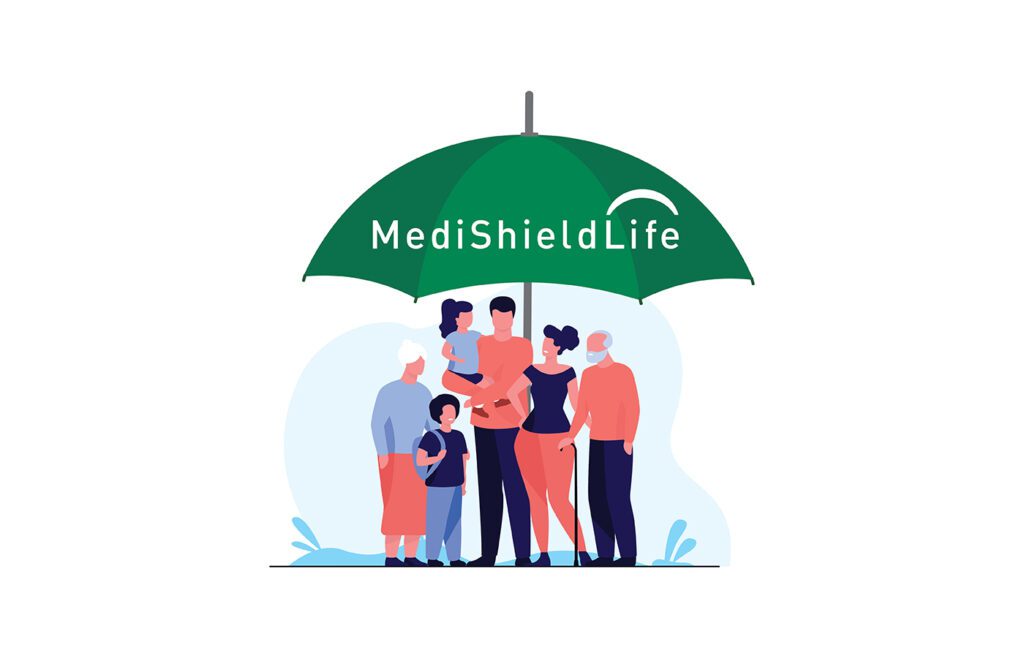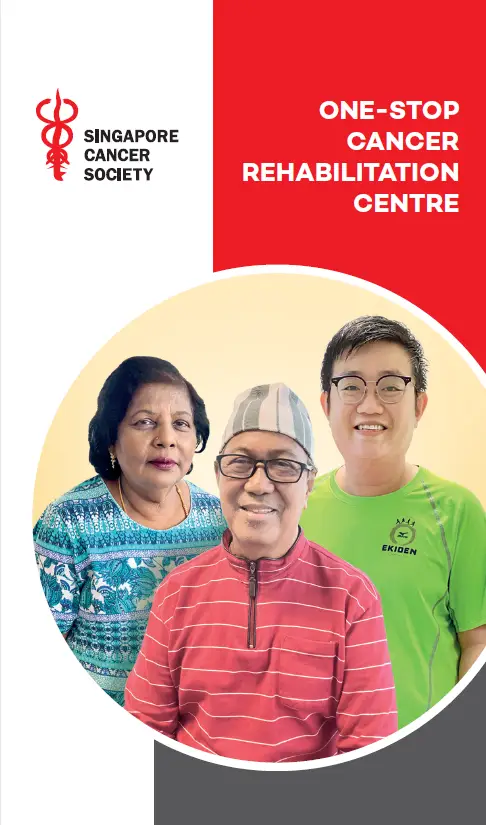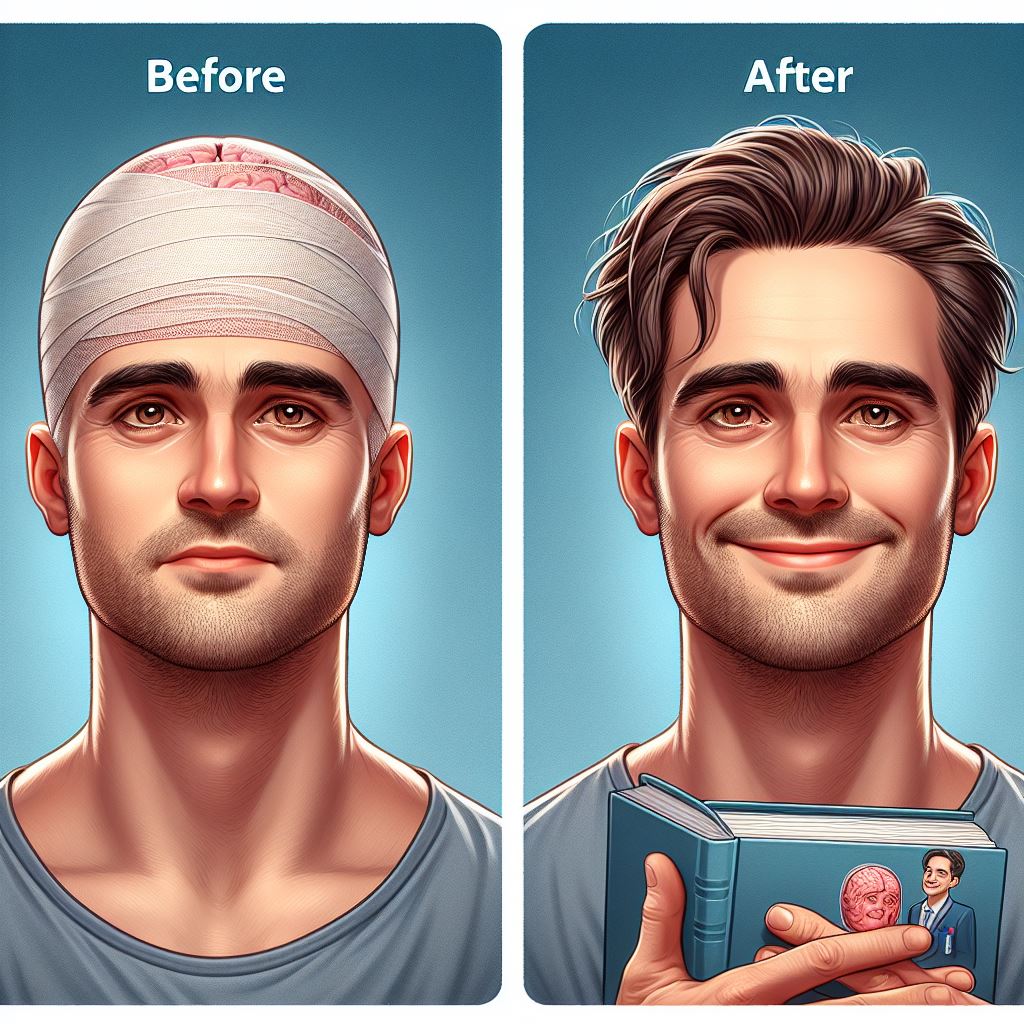RO-SE patient guide downloads
Cancer financing
Many patients worry about the costs of cancer treatments. With advanced technology and more breakthrough cancer drugs, costs are rising with more treatment options and advancements in cure. In Singapore, citizens and permanent residents have subsidies and universal schemes. For foreigners residing/working in Singapore, many are on corporate and personal insurance. Overseas patients seeking treatment here can be covered by international healthcare insurers. Click to learn more about costs, benchmark fees and claims for cancer treatments ( surgery, chemotherapy, immunotherapy, radiotherapy and palliative care) in Singapore.


cancer survivorship
Surviving cancer involves a multifaceted approach that encompasses physical, emotional, and social aspects. Adhering to the prescribed treatment, which may include surgery, chemotherapy, radiation, or immunotherapy, is crucial for targeting and eliminating cancer cells. Maintaining a healthy lifestyle, incorporating a balanced diet, regular exercise, and adequate rest, can help support the body’s resilience during treatment. Emotional well-being is equally important, and seeking support from friends, family, or counseling services can provide invaluable assistance in coping with the emotional challenges that often accompany a cancer diagnosis. Joining support groups or connecting with other cancer survivors can foster a sense of community and shared understanding. Additionally, staying informed about one’s health, attending regular follow-up appointments, and remaining vigilant for any potential signs of recurrence contribute to long-term survival. Surviving cancer is a journey.

Singapore Cancer Society Rehabilitation Program
The Singapore Cancer Society (SCS) is a non-profit organization dedicated to combating cancer through various comprehensive initiatives. The organization provides support services to cancer patients and their families, offering counseling, financial aid, and practical assistance to ease the challenges associated with the disease. SCS also actively engages in community outreach programs, organizing events, and collaborating with healthcare professionals to promote a holistic approach to cancer care.
BCF Support Groups provide a safe, understanding, caring environment for people who have been affected by breast cancer to explore their emotions, ask questions, and share experiences, information and strategies they find useful in learning to cope with the disease.
BTSS seeks to provide strong support and relevant resources to individuals and families impacted by brain tumour through a comprehensive range of services and programmes. It strives to be a one-stop centre of support and assistance to patients and their caregiver from diagnosis to the end stage of life.
Children’s Cancer Foundation (CCF) is a social service agency with a mission to improve the quality of life of children with cancer and their families and children impacted by cancer through enhancing their emotional, social and medical well-being.
During chemotherapy, if your immune system is affected, your oncology doctors and nurses will counsel you on raw foods to avoid.
During radiotherapy, your immune system is not affected most of the time. There is no need to avoid raw food. For specific treatment, you may need to change your diet, e.g. avoid hard and spicy foods during head and neck radiotherapy, and avoid high-residue diet during prostate irradiation so that the rectum remains empty etc.
Also, avoid supplements with high dose anti-oxidants as these may interact with radiotherapy effects.
Palliative care is a specialized approach to care that aims to improve the quality of life of patients who have a serious or life-threatening disease, such as cancer. It can come in the form of symptom control and addressing the patients’ and caregivers’ social, emotional, and spiritual needs.
Palliative care can be delivered in the outpatient (at home, day care or clinic) or inpatient setting (hospice).
Palliative care can be accessed by anyone regardless of their age or stage of disease.





